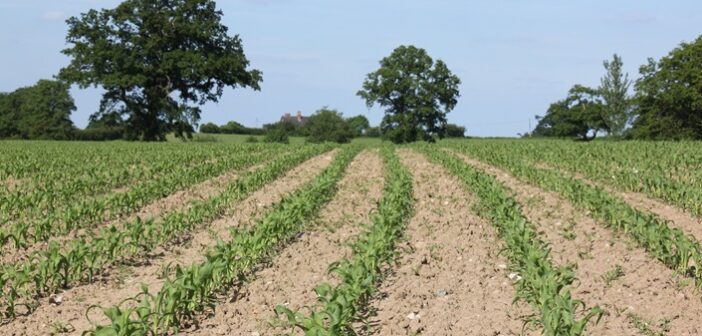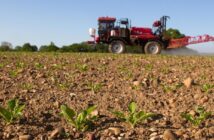After one of the driest seasons on record, soil testing specialist Eurofins Agro is warning the threat to soils could continue into next season.
In drought conditions, soil leaching and mineralisation reduces, which leaves important nutrients such as nitrogen and sulphur inactive. It is also likely that soils will have elevated levels of potassium, boron, zinc and manganese because the lack of moisture in the soil makes these elements harder for the crop to take up. Unable to absorb nutrients, the crop will suffer and the dried out, post-harvest soil will be left with elevated levels of salinity.
To assess the true impact of drought this season and its knock-on effect on next year’s crops, it says it is vital that soils are tested so growers understand what has been lost and what is needed to balance soils for the next crop.
Crops that are sensitive to salt levels in soils include onions, peas, beans and root crops such as carrots. If the concentration of plant-available salts increases, it can hold back the crop. For root crops, like carrots, this will be evident because salt in the root will show a burning effect on the carrot. However, the appearance of salt damage will be less obvious in cereal crops, which is why it is important to test soils after harvest to plan a focussed nutrient management strategy.
To mitigate salinisation, growers can look to improve plant and soil health by adding silicon. Silicon improves the water status of plants under abiotic stress and its concentration in soil helps plants to take up other nutrients more efficiently. Silicon can be identified using Eurofins Agro Testing’s Soil Health Indicator test, which also offers detailed information on soil contaminants.



